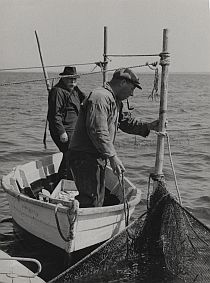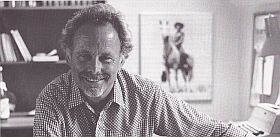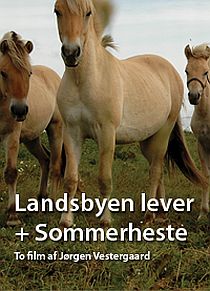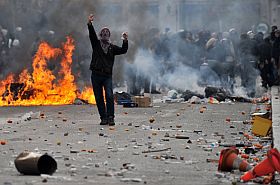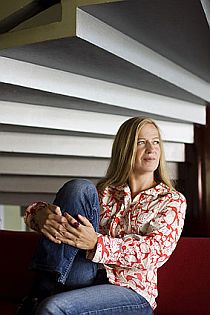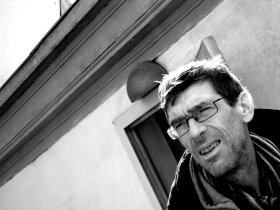


Henning Carlsen: De gamle, Familiebilleder, Ung
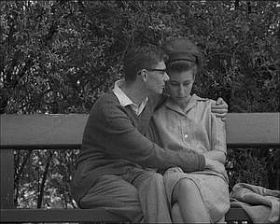
Niels Jensen skrev i Filmkunst (1969) videre om Henning Carlsen, at han med trilogien De gamle, Familiebilleder og Ung (1960-65) var blevet “den førende danske repræsentant for moderne dokumentarisme.” Det var skarpt set og modigt vurderet blot fire år senere, men det var også kyndigt, har det herefter vist sig. Afsnittet i det store filmæstetiske essay fortsætter om Carlsen: “Da De gamle blev til, stak dansk kortfilm endnu i al væsentlighed i tredivernes og fyrrernes tradition. Man fremlagde og redegjorde, spurgte ikke thi man vidste det hele og opsøgte ikke mennesker på hvis ansigter livet havde skrevet. Nu kom det. Lykke og sorg, tryghed og modgang, fællesskab og ensomhed ses i billederne af ‘De gamle’ og høres i stemmerne.”
Henning Kristiansens teleoptagelse af de to på bænken i parken (FOTO) er fra Familiebilleder. Til netop denne scene, som er et indklip, særdeles medtolkende som det er placeret i filmen, knytter Henning Carlsen i Mit livs fortrængninger (1998, 134f) en afmonterende anekdote, som dokumenterer, at virkeligheden i historien bliver til en virkelighed, som overtrumfer den virkelige. Dokumentarfilm er konstruktion. Konstruktion af sand virkelighed. Det er måske også Niels Jensens konklusion på en tilsvarende læsning af en Carlsen-tekst, Jensen skriver i Filmkunst: “Henning Carlsen, der i sin tid begejstredes over cinéma vérités sandhed har nu givet dette en drejning og er endt med (i et interview i Kosmorama nr. 81) at prise det subjektive og anfægte selve forestillingen om det dokumentariske. Findes det overhovedet? Findes der andet end instruktørens film?” Niels Jensen så det med det samme dengang i 1969, men der er stadigvæk politiske sager om det dokumentariske billedes sandhedsværdi, sådan er det i den virkelighed. Pointen i dette er imidlertid, at de to på bænken godkendte brugen af deres samvær, skønt det i deres virkelighed, da de uden at vide det blev filmet, havde et helt andet indhold end klipningen tillagde det. De var nemlig biografgængere og kendte også den virkelighed som virkelighed.
Henning Carlsen: De gamle, Danmark 1961. 30 min. Manuskript: Henning Carlsen, fotografi: Henning Kristiansen, lyd: Erik Rasmussen, klip: Henning Carlsen, produktion: Flamingo Film Studio for Socialpolitisk Forening og Statens Filmcentral.
Henning Carlsen: Familiebilleder, Danmark 1964. 28 min. Manuskript: Henning Carlsen, fotografi: Henning Kristiansen med Leif Jappe som assistent, lyd Niels Ishøy, klip: Henning Carlsen, produktion: Henning Carlsen med Jette Kromann som assistent for Socialpolitisk Forening, Dansk Kulturfilm og Statens Filmcentral.
Henning Carlsen: Ung, Danmark 1965. 27 min. Manuskript: Henning Carlsen, fotografi: Henning Kristiansen, klip: Henning Carlsen.
De tre film er sammen med Limfjorden, 1961 er nu udkommet på dvd, og kan tillige med en del af Henning Carlsens mange øvrige film på vhs eller dvd købes hos ham selv.
